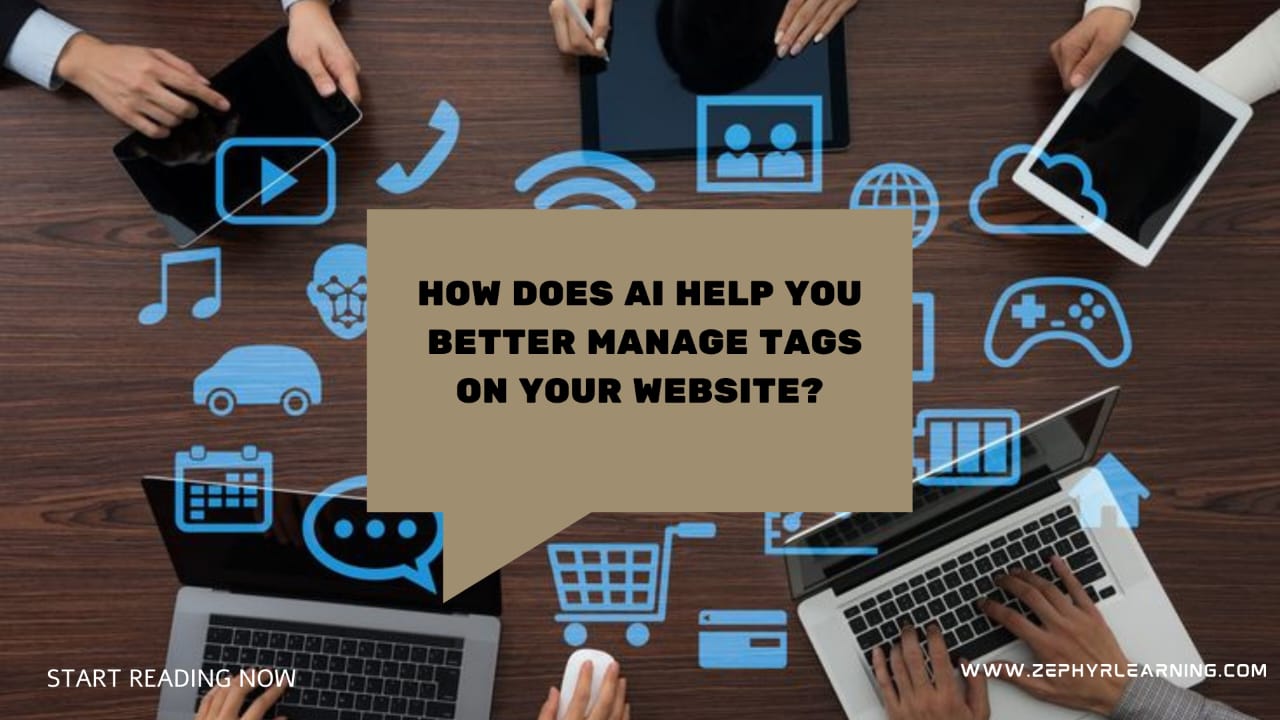Optimizing website meta tags with artificial intelligence (AI) greatly improves both user engagement and search engine exposure. Search engine optimization (SEO) relies heavily on meta tags, which are brief text passages that describe the content of a webpage. Digital marketing courses will help you explore the hidden role of storytelling in SEO teaching classes and help you understand how SEO works.
SEO:
They help search engines understand what a page is about, influencing its ranking in search results. However, the creation of effective meta tags requires a deep understanding of both the content and the target audience, which is where AI shines. One of AI’s core strengths lies in its ability to process vast amounts of data quickly and accurately.
Keyword research is the foundation of SEO. It involves identifying the terms and phrases potential customers use to search for products or services. By analyzing user behavior, search patterns, and engagement metrics, AI tools can identify which keywords and phrases are most likely to attract clicks for specific types of content. This data-driven approach enables website owners to generate meta tags that are relevant to their content and aligned with users’ search intent.
How AI Helps in Business Websites
For instance, AI algorithms can examine competitors’ web pages to discover successful meta tags and then suggest enhancements or alternative approaches that can outperform them in search rankings. Moreover, AI contributes to the continuous adaptation and refinement of meta tags. The internet is dynamic, with trends changing rapidly; what works today may not work tomorrow. AI-powered tools can monitor these shifts by tracking algorithm updates from search engines, seasonal changes in user searches, or other factors that influence search behavior. This allows for real-time adjustments of meta tags to keep them optimized according to the latest trends and search engine guidelines. Some platforms leverage machine learning models to predict future search trends based on historical data, giving website owners a proactive approach to SEO.
By forecasting changes in user interests and search terms, businesses can stay ahead of the curve, developing content and meta tags that resonate with future audience needs. Another significant contribution of AI in this context is the ability to analyze user engagement metrics to identify which meta tags are underperforming. On-page SEO refers to optimizing individual pages on your website to rank higher and earn more relevant traffic.
AI tools are programmed to produce content based on algorithms, often following predictable patterns. While this can generate grammatically correct and informative content, it may lack the emotional depth or creativity needed to truly engage readers, so humanizing AI content effectively without duplication is an inevitable part.
Click-through rates (CTR)
By assessing click-through rates (CTR), bounce rates, and time spent on pages, AI can pinpoint specific tags that may not be capturing audience interest effectively. It can then recommend changes to optimize these meta tags, such as altering word choices, character lengths, or even the tone to better resonate with target demographics. This iterative process of testing and refining ensures that meta tags are always in alignment with user expectations and preferences, ultimately leading to improved performance in search engine results pages (SERPs).
Creating meta tags
Furthermore, AI can assist in automating the tedious aspects of meta tag generation. For large websites with numerous pages, manually crafting unique meta tags for each one can be time-consuming and prone to errors. AI tools can automate this process by generating meta tags based on content analysis. By examining the page’s text and identifying key themes, AI can create concise and informative meta-descriptions and titles that accurately reflect the content. Such automation not only saves time but also ensures consistency across the website, which can positively impact SEO. AI also contributes to multilingual and international SEO, making it easier for websites to reach global audiences.
By using natural language processing (NLP) capabilities, AI systems can translate or adapt meta tags for different languages and cultural contexts, ensuring that the meta content remains relevant and engaging for users in various regions. This capability is particularly important for businesses looking to expand their reach internationally, as using the right keywords and phrases can significantly enhance visibility in local search results.
Conclusion
In summary, artificial intelligence is revolutionizing the approach to optimizing website metatags by leveraging data analysis, automation, and machine learning. SEO requires a comprehensive approach that includes keyword research, on-page and technical optimizations, link building, local SEO, and a focus on user experience. Its ability to analyze vast datasets allows businesses to create highly relevant and engaging meta tags that improve search rankings and user satisfaction.
